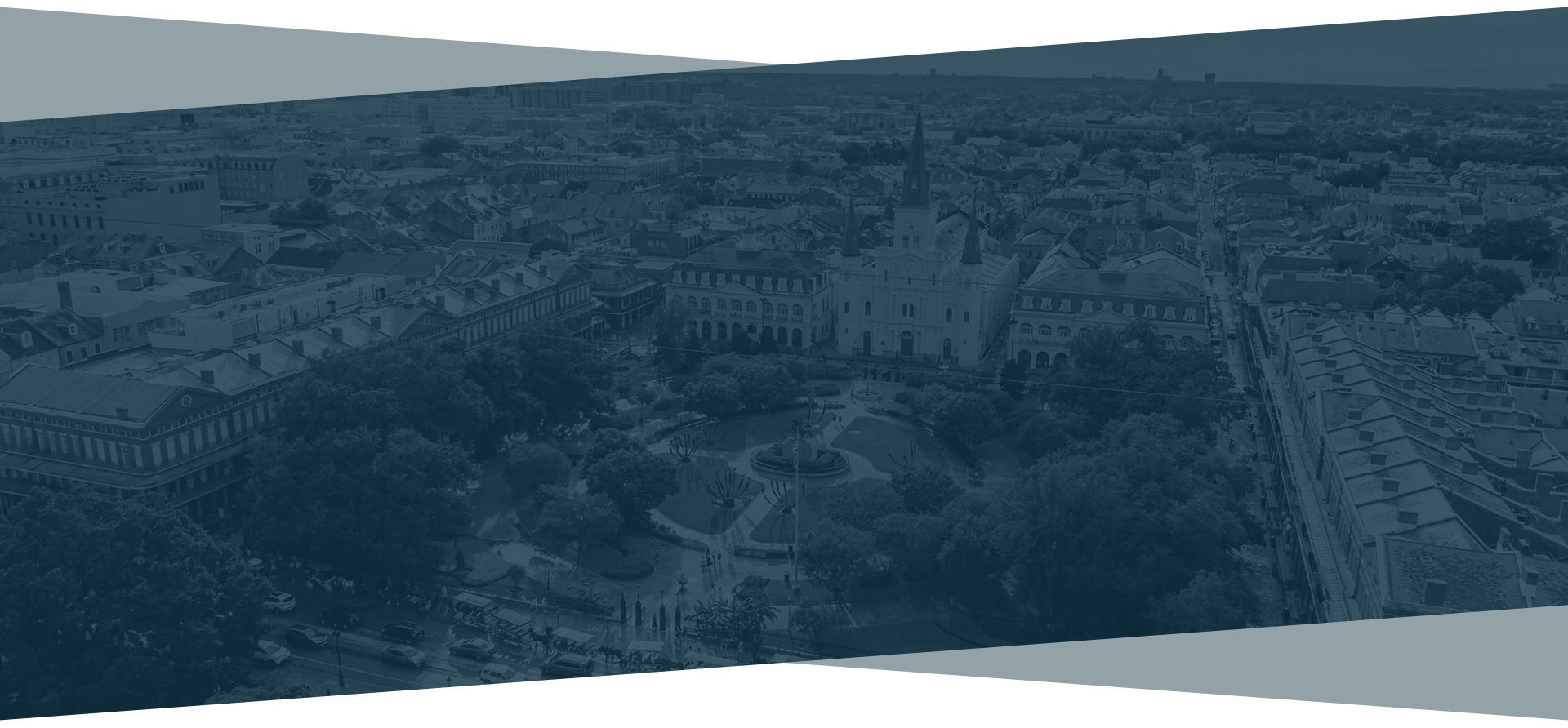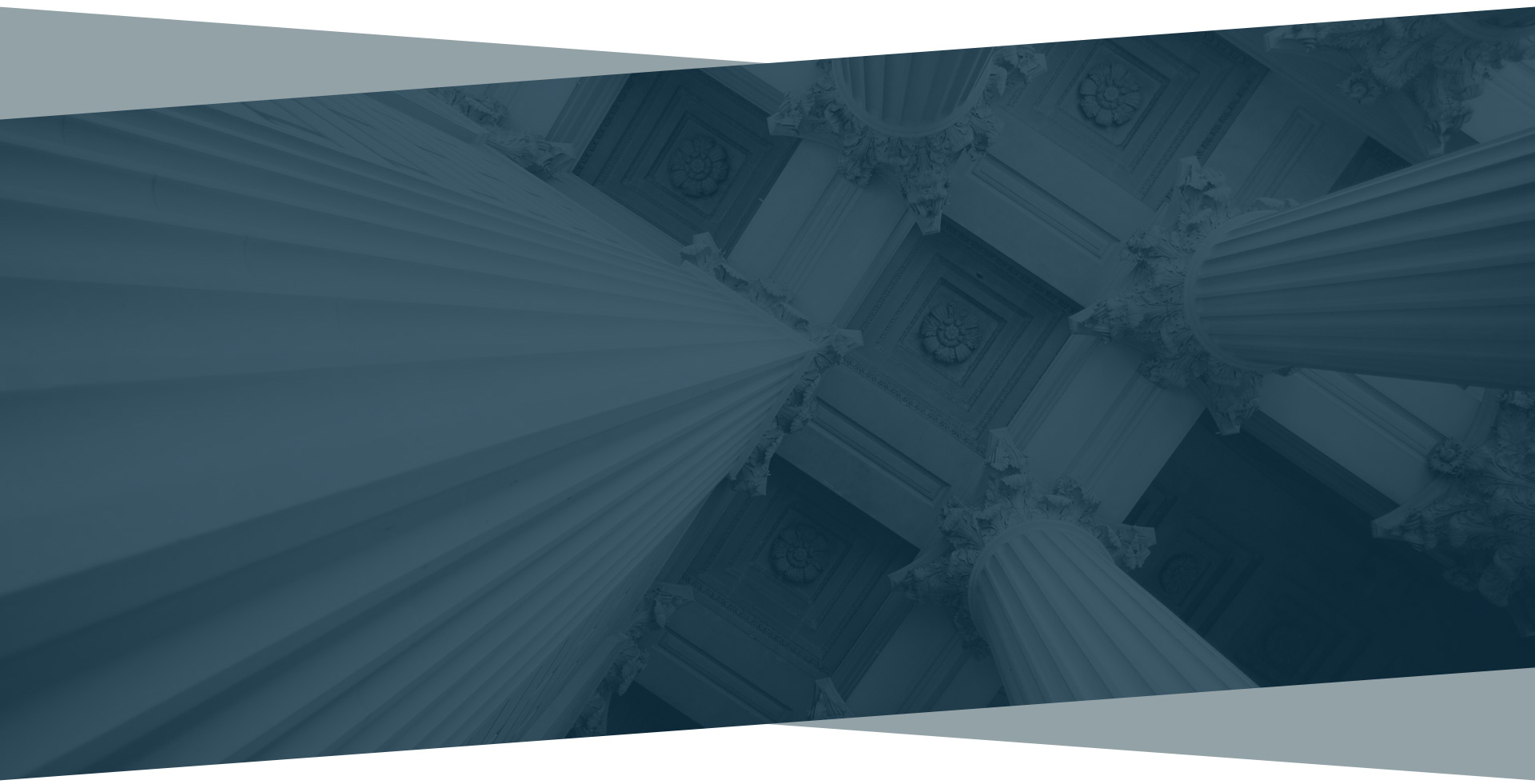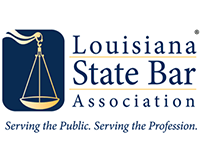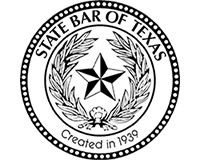
Louisiana Wind Damage Claim
How Wind Damage Can Affect Your Home and What to Do Next
The state of Louisiana is home to some pretty strong winds—some that reach hurricane strength. Early October to mid-May is considered the time of year when the highest winds occur, with March taking the top spot for the highest wind speed average. Winds from 60-73 mph, with gusts to 95 mph are considered tropical storms and can destroy or damage poor-to-average constructed homes or unsecured mobile homes. Unsecured outdoor items can become projectiles, causing injury to humans and additional damage to homes.
This level of wind can cause power outages with downed wires and power poles, and even well-constructed homes can sustain damage to shingles, siding, and gutters, along with blown-out windows. Glass can be blown out, causing further damage, and trees can be uprooted, or large branches snapped off. If your home has sustained damage due to high winds and your insurance company is refusing to pay for the damage, delaying your claim, or severely undervaluing the claim, you need legal assistance. Having a strong Louisiana wind damage claim attorney from Gulf Coast Insurance Attorneys can make a significant difference in the outcome of your claim.
Contact us today and let us help you navigate the insurance claims process. Don’t wait — your home deserves the protection it needs! Call now tel:(504) 438-4507 or fill out our contact form to get started.
How Can Strong Wind Damage a Home or Property?
Mobile homes that are not on a permanent foundation are very vulnerable to wind damage, especially when the wind speeds are as high as 80 mph. When winds are between 39 and 46 mph, small branches on trees will begin to break. At 47-54 mph, damage begins to occur to homes, outbuildings, fences, and commercial properties. Roofing tiles may blow off, and larger tree branches can come crashing down on your home, causing damage. Once winds reach 55-63 mph, structural damage can occur to roofs, especially older roofs.
Small trees can be uprooted, blowing into windows, or crashing through your roof. Winds between 64 and 75 mph can cause widespread damage to homes, uprooting large trees. Winds higher than 75 mph are considered hurricane-force winds and can result in severe damage to roofs, windows, small outbuildings, trees, shrubs, and fences. The force of a wind that damages your roof may not be uniform.
The corners and edges of your roof are probably more susceptible, especially if there are any areas that are not properly attached. Once your roof has been damaged, rain can pour into your home, causing water damage to ceilings, flooring, walls, and the contents inside. Strong winds can also break windows and doors, tear off home siding, and damage electrical wiring and heating and AC units.


What Types of Storms Can Cause Strong Winds?
High winds up to 73 mph are considered tropical storm winds, while hurricane winds are from 74-90 mph, with gusts to 110 mph. Severe hurricane winds are from 90 to 110 mph with gusts from 115 to 135 mph. When winds reach 130 to 160 mph with gusts over 170 mph, devastating damage can be expected. Thunderstorms and hailstorms can be accompanied by moderate to severe winds. Tornadoes are considered F1 (moderate) when winds are 73-112 mph, F2 (significant) when winds are 113-157 mph, and F3 (severe) when winds are from 158-206 mph.
Does Homeowners Insurance Cover Wind Damage?
Most homeowner’s policies will cover wind damage, including the costs to repair or replace your home, outbuildings, trees, shrubs, carports, and fences. In most cases—but not all—wind damage from a hurricane, tornado, thunderstorm, hailstorm, tropical storm, or Nor’easter will be covered, although the accompanying rain and flood damage may or may not be covered. Your homeowner’s policy should pay for roof repairs or replacement, damage to your siding and windows, and your personal contents portion of your homeowner’s policy should cover appliances, furnishings, personal possessions, clothing, musical instruments, artwork, and electronics.


Dedication to Client Success

In Your Time of Need, We’re Here for You Why Choose Gulf Coast Insurance Attorneys?
-
100% Free ConsultationsDiscover your options with a no-cost, no-obligation consultation. We’ll listen to your story, explain your legal rights, and help you make an informed decision about your next steps.
-
Offering Virtual ConsultationsYou don’t need to travel to our office to get started. With virtual consultations, we can discuss your case, answer questions, and provide guidance—all from the comfort of your home or anywhere you prefer.
-
Over $25 Million Recovered
Trust a law firm with a track record of securing over $25 million for our clients. Our team knows what it takes to win, and we bring our experience and dedication to every case, fighting for the outcome you deserve.
-
You Only Pay If We Win
With our contingency fee structure, you face zero financial risk—no upfront costs and no fees unless we successfully secure compensation on your behalf. We’re fully committed to achieving results, and you only pay if we do.
What Are Common Issues When Dealing with Insurance for a Louisiana Wind Damage Claim?
Every insurance company is unique, so it is imperative that you familiarize yourself with your policy before you file a wind damage claim. Look at your coverage limits, your deductible, exclusions, and whether your policy covers cash value or replacement cost value. Insurance companies often attempt to deny a claim on the basis that you failed to include sufficient documentation (photos, assessments from professionals) to back up your claim. They may also try to deny your claim by saying your home had pre-existing damage, or you had not properly maintained your home and property.
In some cases, an insurance company may claim that the age of your roof, fence, or siding is such that they don’t have to pay your claim. Many of these are considered bad faith tactics and are unacceptable—and illegal. Insurance companies are for-profit businesses, and at the end of the day, all they really care about is paying you the least amount possible. Having attorney Peter Diiorio by your side will prevent our insurance company from taking advantage of you or engaging in bad-faith tactics.
How Can Hiring a Louisiana Wind Damage Claims Lawyer Near You Help You Move Forward?
During your initial consultation, Peter Diiorio will assess your situation in a comprehensive manner, explaining all the legalities of your potential case in an easy-to-understand manner. We will always treat you honestly and fairly, fighting for your future at every turn. We will never ignore your phone calls and will always ensure you are fully apprised of what is going on in your case.
Contact Gulf Coast Insurance Attorneys today for a full assessment of your options. We will be with you every step of the way.



